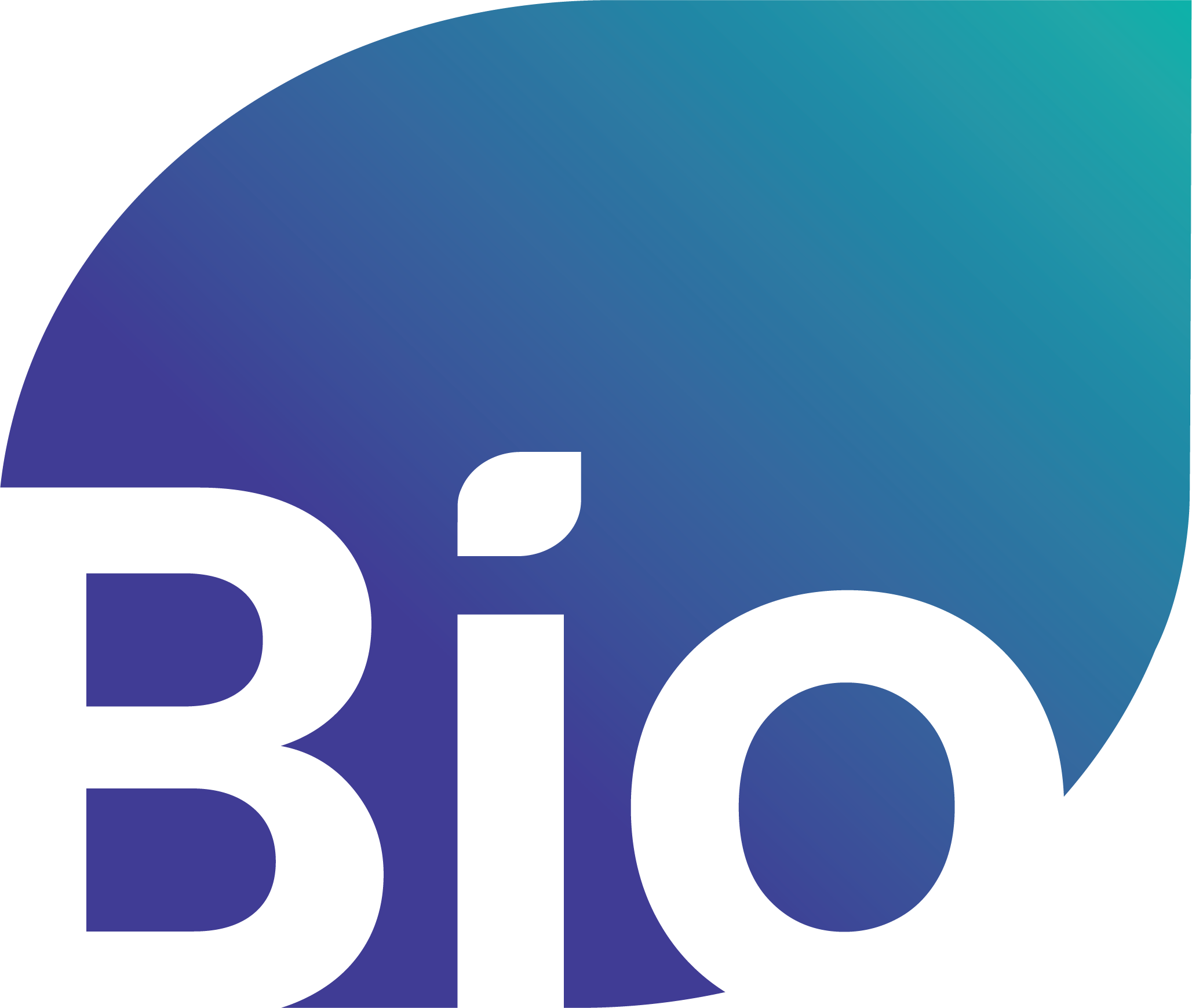
Un sitio web oficial de la Organización de Innovación Biotecnológica
Adhere To CDC Guidelines
If you test positive for Covid-19, the following steps -- outlined by the Centers for Disease Control and Prevention (CDC) -- will help you care for yourself and protect others:
- Alert close contacts. Tell anyone you have recently come into contact with that you have Covid-19, so they can take the necessary precautions and prevent further spread. If you have concerns about confidentiality, especially in the workplace, check with your employer. Many can notify others of potential exposure without revealing your name.
- Stay home and keep separated. Don't leave the house unless you're getting medical care -- and, if you do, avoid any form of public transportation. If possible, distance yourself from others in your household and use a separate bathroom.
- Practice good hygiene. If you must be around people or animals, always wear a mask. Wash your hands often with soap and water for 20 seconds. Don't share household items, like kitchenware. Clean "high-touch" surfaces -- counters, tables, and doorknobs.
- Take care of yourself. Keep nourished by drinking lots of water and eating nutritious foods. Take over-the-counter medicines (like acetaminophen) as needed, to help reduce any mild discomfort. Be sure to get plenty of rest to help your body recover.
- Monitor your symptoms. Covid-19 could bring a fever, cough, or other symptoms. Keep an eye on any signs that you're getting worse and make use of the CDC’s self-checker tool. Seek emergency medical care right away if you experience: trouble breathing or staying awake, constant chest pain, confusion, or pale blue-gray skin, lips, or nail beds.
Ask A Healthcare Professional About Treatment Options
If you do develop symptoms, talk to a healthcare provider -- including an emergency room physician -- about potential Covid-19 treatments available to you. There are several treatments authorized by the FDA that can help reduce the severity of disease. For additional information on these treatments, see the Department of Health and Human Services’ "Combat COVID" site.
There are several treatment options available outside of the hospital for patients with mild to moderate Covid-19 illness. But you must take action very shortly after getting a positive test result to increase the impact of the following treatments:
- Monoclonal antibody treatments. FDA has authorized two monoclonal antibody treatments. These treatments are administered through an IV and deliver man-made antibodies that can attach to parts of the virus. These antibodies can help the immune system respond more effectively and prevent hospitalization.
- Learn more about the two antibody treatments here: bamlanivimab and the casirivimab and imdevimab cocktail.
When people are in the hospital with Covid-19, the treatment options for patients are different. The following medicines can help treat people with moderate to severe Covid-19 illness:
- Remdesivir: The antiviral drug -- given to hospitalized patients by IV -- can slow the reproduction of the virus and prevent it from spreading throughout the body.
- Convalescent plasma therapy: This therapy uses plasma -- the liquid portion of the blood -- from a person who has recovered from Covid-19. The plasma, which is administered by IV, contains antibodies, which can boost the body's ability to recognize and fight the virus.
- Baricitinib: In combination with remdesivir, the anti-inflammatory prescription medicine can help reduce swelling in patients needing oxygen support and avoid ventilation.
- Corticosteroids:Corticosteroids, like dexamethasone, can calm the overactive immune response seen in many patients with severe cases. In doing so, it can help limit the damage caused to the body's organs and tissues.
Get A Vaccine When It's Your Turn
Once you recover from Covid-19, you should still get vaccinated. Experts still do not know how long natural immunity may last. Vaccination is the safest way to ensure the greatest level of protection.
Talk to your doctor, nurse or pharmacist if you have any concerns, especially about the timeline. If you test positive and are treated with either monoclonal antibodies or convalescent plasma, the CDC recommends that you wait 90 days before getting a vaccine.
Learn more here.

